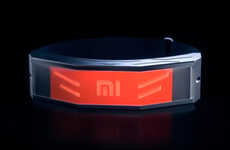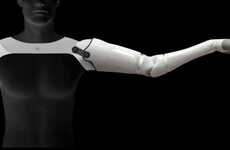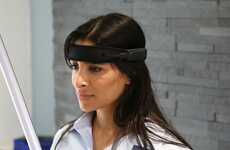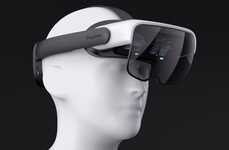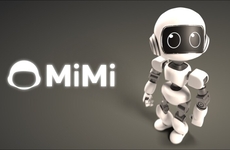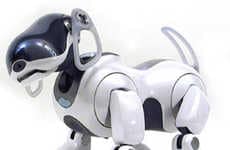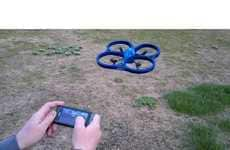
Mind Impulses Control Robot Warrior's Movements
Alexander Lam — October 1, 2009 — Unique
References: mainichi.jp
Japanese college student Taka Ichikawa has created the world’s first thought-controlled battle robot. He controls the robot through electrodes attached to his head that read his neural impulses. For example, the user has to give a clear mental command such a “move right,” to make the robot rotate right. If the command is not clear enough, then the robot may not respond.
The bipedal robot was designed using technology that was originally created for a hands-free wheelchair. However, Ichikawa used that technology to create a robot for the Robo-one contest in Japan, which pits robots against each other in bouts.
The bipedal robot was designed using technology that was originally created for a hands-free wheelchair. However, Ichikawa used that technology to create a robot for the Robo-one contest in Japan, which pits robots against each other in bouts.
Trend Themes
1. Thought-controlled Robotics - There is a trend of using thought-controlled technology to manipulate the movements of robots.
2. Neurointerface Technology - The development of neurointerface technology allows for the control of robotic movements through neural impulses.
3. Competitive Robot Contests - Robot competitions, like the Robo-one contest in Japan, are driving advancements in robot design and control.
Industry Implications
1. Robotics - The robotics industry has the opportunity to explore and innovate in thought-controlled robot technology.
2. Healthcare - Neurointerface technology can have disruptive applications in healthcare, such as prosthetics controlled by neural signals.
3. Entertainment - The entertainment industry can leverage thought-controlled robotics to create immersive and interactive experiences.
2
Score
Popularity
Activity
Freshness


